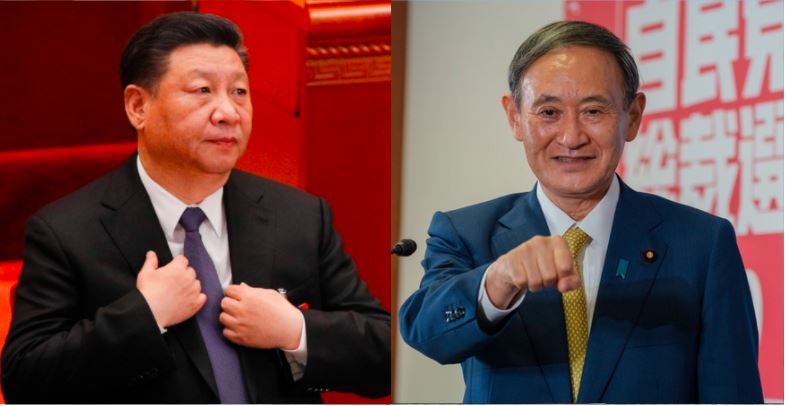The reality of the day is that, with its excessive push in the domain of foreign policy representatives coupled with its position in the Security Council, China currently dominates the United Nations (UN). However, given the conciliatory and laid back approach of the Biden administration vis a vis China, Japan has decided to step up in every domain and is trying to counterbalance the presence of China by the number of representatives at the critical positions.
Japan’s desire for a stronger voice at the United Nations and other international organisations has resulted in a double-digit increase among Japanese nationals in leadership posts, but China, the growing Asian power, has seen even quicker growth. According to United Nations data, Japanese nationals held 912 expert or higher-ranking positions at international organisations as of the end of 2019, up by 23% from 2015 and nearly double the level from 2001.
In comparison, the number of Chinese nationals increased by 41% from 2015 to 2019. Tokyo wants 1,000 specialists working at these organisations by 2025, seeing them as important platforms for spreading principles like democracy and the rule of law. Beijing’s influence over the WHO must be understood in the context of a much larger strategy aimed at bending the arc of global governance toward a more illiberal direction that favours the authoritarian states’ interests.
Beijing has deliberately placed Chinese nationals at the top of a wide range of United Nations bodies in recent years. Qu Dongyu, formerly China’s vice minister of agriculture, has managed the United Nations Food and Agriculture Organization since 2019. In 2017, Liu Zhenmin, formerly China’s vice-minister for foreign affairs, was assigned to a crucial post in the United Nations Department of Economic and Social Affairs, a body tasked with implementing the UN’s flagship programme to promote development, battle climate change, and decrease inequality. Even the International Civil Aviation Organisation, which is led by Fang Liu, a Chinese national, oversees worldwide air traffic.
In part, this dominance of Chinese nationals in key UN agencies reflects Beijing’s savvy diplomatic manoeuvring as a rising power and its position as the world’s second-largest economy. However, the Japanese government is aggressively looking to shift the balance on its own. The recent leadership race at the World Trade Organisation highlights how contentious the selection for these jobs can be. Ngozi Okonjo-Iweala, a former Nigerian finance minister, won the director-general post this year after the US switched to supporting her under President Joe Biden.
Japan will, however, put forward a candidate for the director-general of the Universal Postal Union in a vote slated for this summer. The effort follows China placing its nationals atop four of the 15 agencies, including the Food and Agriculture Organisation and the International Civil Aviation Organisation.








